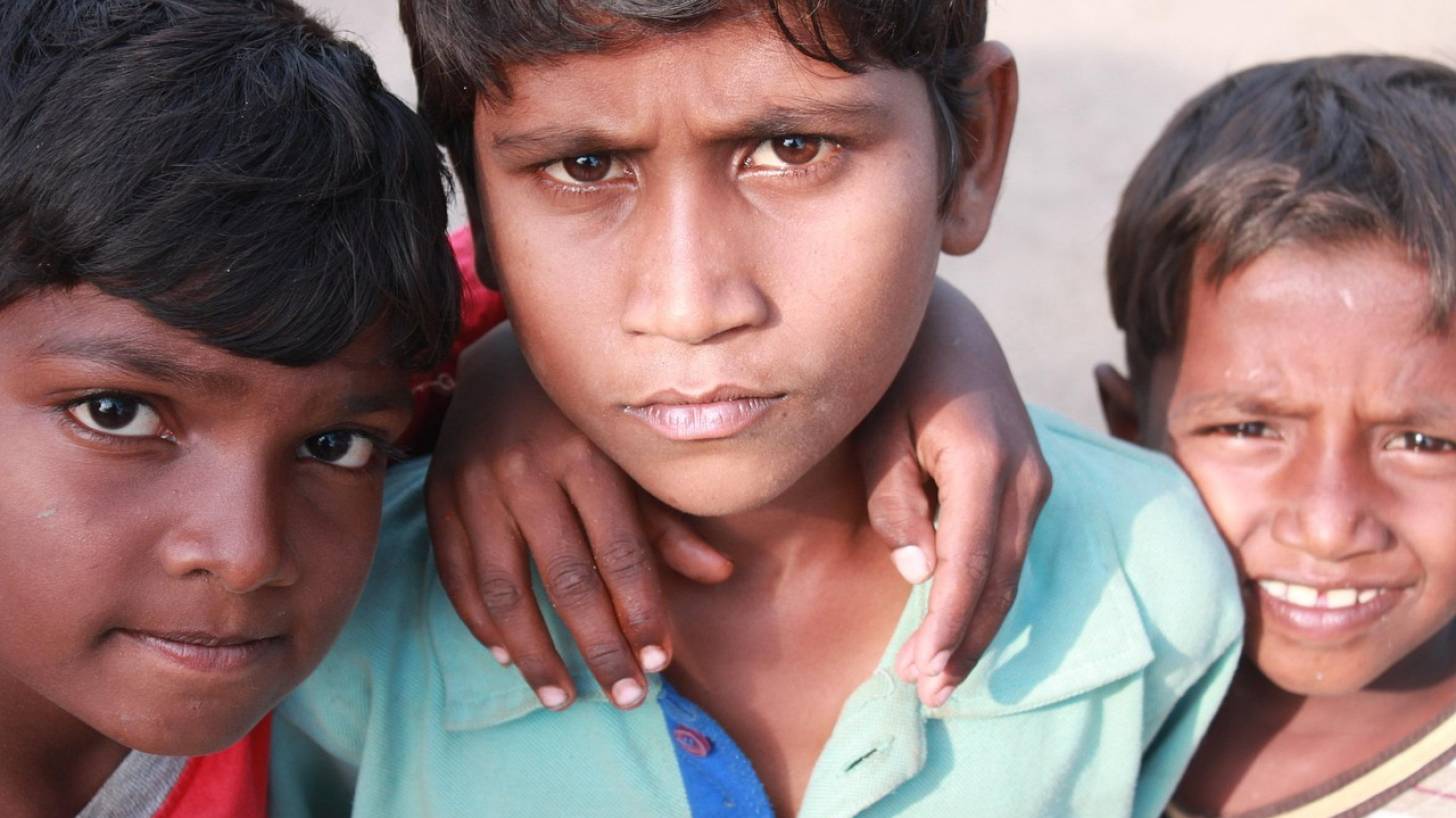Pune's Guillain-Barré Syndrome Epidemic Related to Water Quality

The Maharashtra state has reported the most cases of Guillain-Barré syndrome (GBS), a rare neurological illness that damages peripheral nerves, during India's largest outbreak ever,
Since January 2025, about 300 GBS cases and 21 related fatalities have been reported in eight states in India.
According to a World Report (Volume 405, Issue 10481) published by The Lancet on March 8, 2025, experts have linked these GBS infections with Campylobacter jejuni. This bacteria is one of the most common causes of food poisoning.
Pune, a city of 7 million people, has emerged as the epicenter of the GBS outbreak. Indian Council of Medical Research (ICMR) officials have found C jejuni and norovirus in most patients with GBS who had earlier had acute gastroenteritis or diarrhoea.
"Nearly 20–30% of the samples tested so far have been confirmed positive for C jejuni. These patients suffered from infection caused by the bacteria before developing GBS", said ICMR Director General Rajiv Bahl.
"A contaminated water source supplying Pune and surrounding villages is suspected to be the origin of the outbreak", a senior official in the Maharashtra health department added.
"GBS cases are reported throughout the year, with some seasonal spikes. Up to 70% of GBS cases are linked to a prior infection."
Madhu Nagappa, from India's National Institute of Mental Health and Neuro Sciences, told The Lancet that several bacterial and viral pathogens apart from C jejuni are associated with GBS, including Mycoplasma pneumoniae, Hemophilus influenzae, cytomegalovirus, dengue virus, influenza virus, Japanese encephalitis virus, chikungunya virus, Epstein-Barr virus, and Zika virus.
"Among the numerous microorganisms implicated, C jejuni is considered to be the most common antecedent infectious risk factor for developing GBS", said Nagappa, adding that "in Pune, it is likely that a specific strain of C jejuni with neurotoxic potential is circulating".
However, Nagappa said that only about one in 1,000 individuals infected with C jejuni develop GBS, stressing that not all patients with GBS have a documented preceding infection.
Other factors such as recent surgeries, certain vaccinations, and immunocompromised conditions might trigger GBS.
The current outbreak coincides with India reporting over 1,000 outbreaks of acute diarrheal disease in 2024, the highest number since public data became available in 2009, according to the Ministry of Health & Family Welfare.
The United States is generally the largest source of foreign tourists arriving in India. As of March 10, 2025, the U.S. CDC has not issued a Travel Health Advisory regarding India's GBS epidemic.
In the U.S., 3,000 to 6,000 people develop GBS annually.
Data collected by the CDC regarding the potential association between seasonal flu vaccinations and GBS has been found to vary from season to season. When there has been an increased risk, it has consistently been in the range of 1-2 additional GBS cases per million flu vaccine doses.
Furthermore, the U.S. FDA has not approved vaccines to prevent GBS or norovirus in 2025.
Our Trust Standards: Medical Advisory Committee
